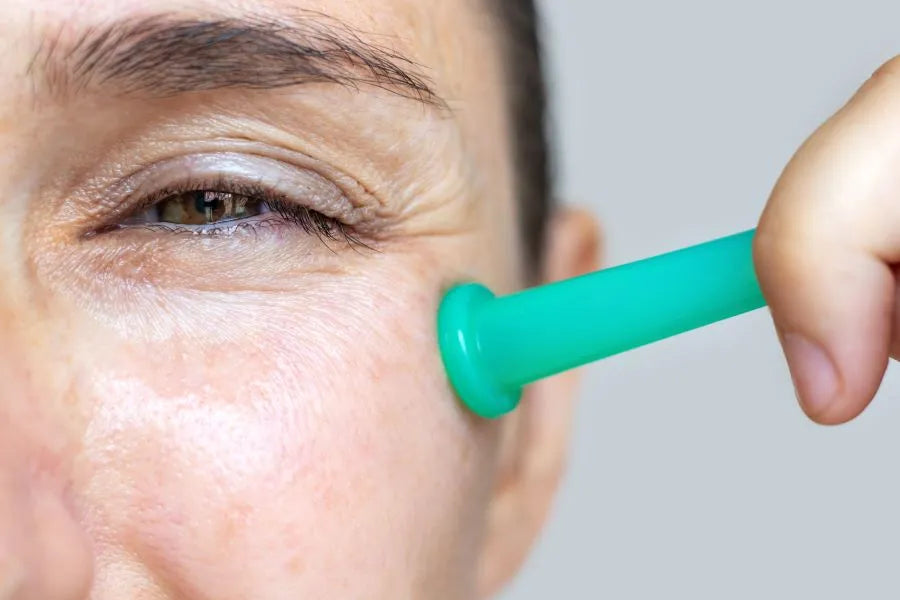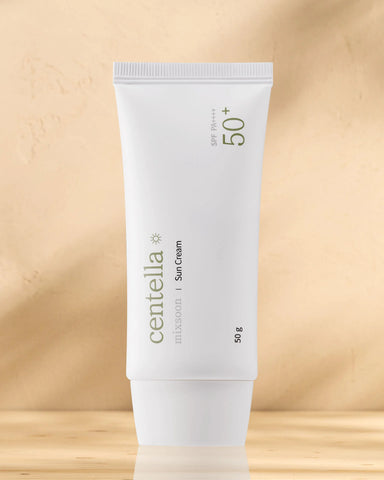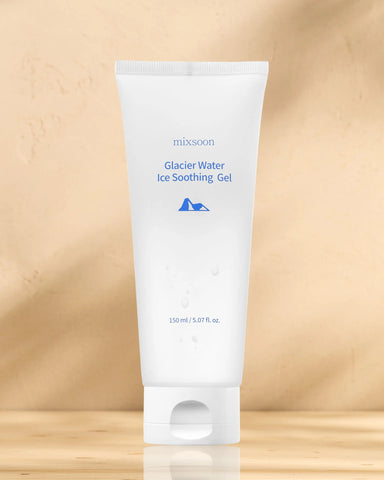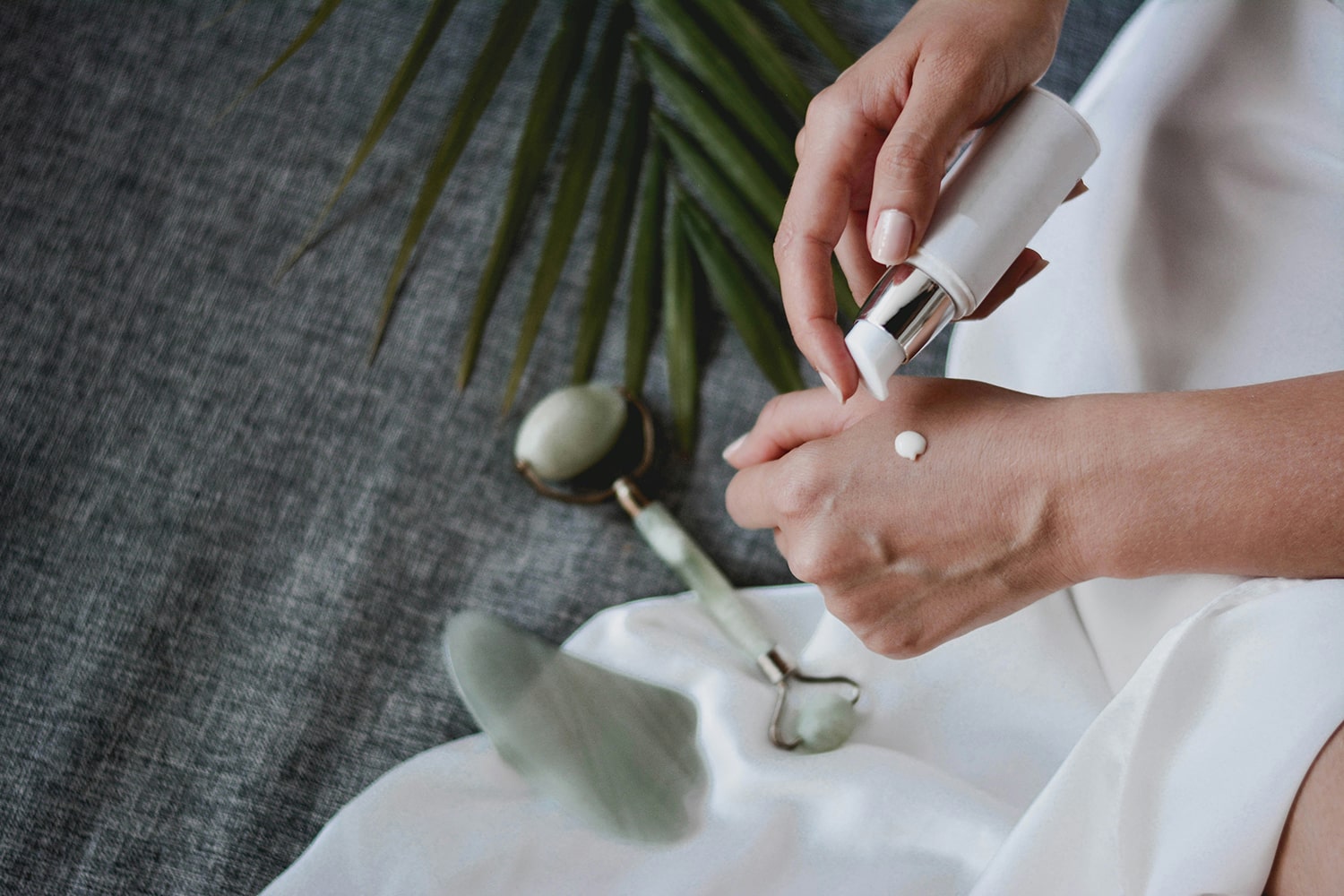In the vast landscape of skincare regimen steps, there's one product that stands as a non-negotiable cornerstone: sunscreen. Whether you're a skincare enthusiast or a casual observer of beauty trends, the importance of sunscreen cannot be overstated.
In recent years, the rise in sunscreen usage can be attributed to the growing awareness among skincare aficionados and the dissemination of valuable information regarding sun protection. With the help of the internet and new discoveries about skincare, individuals are becoming more aware of the harmful effects of the sun's UV rays and the role sunscreen plays in preventing them.
Let's delve into the world of sunscreen, exploring what it is, its types, and benefits. We'll also be answering the crucial question of when to apply it, should it be before or after moisturizer?
What is Sunscreen?
At its core, sunscreen serves as a crucial topical product specifically formulated to safeguard the skin against the detrimental impacts of UV radiation emitted by the sun. By creating a protective barrier on the skin's surface, sunscreen effectively blocks the penetration of harmful UV rays, thereby reducing the risk of skin damage, premature aging, and potential skin cancers.
Sunscreens are available in a diverse array of formulations, catering to different skin types and preferences. Whether in the form of lotions, creams, gels, or sprays, each sunscreen variant offers distinct advantages and methods of shielding the skin from the sun's harmful rays, highlighting the importance of sun protection in daily skincare routines.
Types of Sunscreen
There are two primary categories of sunscreen that you can find when shopping for this skincare item: chemical and physical. Since it might be confusing to pick which one is best for you, here's how they differ from each other:
Chemical Sunscreen
Chemical sunscreens, like the Mixsoon Moisturizing Centella Sun Cream and Mixsoon Glacier Water Ice Soothing Gel, contain active ingredients that penetrate the skin. They work by absorbing UV radiation and converting it into heat, which is then released from the skin.
These sunscreens are often lightweight and blend seamlessly into the skin, making them popular for daily use under makeup. This type of sunscreen is also ideal for swimming and working out because it is water-resistant.
Physical Sunscreen
Physical sunscreens, also known as mineral sunscreens, contain active ingredients such as zinc oxide or titanium dioxide. They protect the skin by forming a physical barrier on the surface, reflecting and scattering UV rays away from the skin.
Physical sunscreens are renowned for their broad-spectrum protection and suitability for sensitive skin types. Since this type of sunscreen doesn't penetrate the skin, you won't have to worry too much about irritation and adverse reactions.
Benefits of Sunscreen
The benefits of sunscreen extend far beyond mere sunburn prevention. Here are some compelling reasons to make sunscreen a non-negotiable step in your beauty care routine:
Prevent Sunburn
Sunburn is not only painful and unsightly but also a clear indicator of damage on the skin caused by excessive exposure to UV rays. Sunscreen acts as a shield, preventing sunburn and reducing the risk of long-term damage.
Avoid Premature Skin Aging
Exposure to UV radiation accelerates the aging process, leading to wrinkles, fine lines, and loss of elasticity. By wearing sunscreen daily, you can protect your skin from premature aging and maintain a youthful complexion.

Prevent Hyperpigmentation and Melasma
UV radiation can trigger the overproduction of melanin, leading to dark spots, hyperpigmentation, and melasma. Regular use of sunscreen helps prevent these skin discolorations and maintains a more even skin tone.
Avoid Broken Blood Vessels
Prolonged sun exposure can weaken the blood vessels near the skin's surface, leading to the development of spider veins and broken capillaries. Sunscreen helps preserve the integrity of the skin's blood vessels, reducing the risk of visible vascular damage.
Lower Risk of Skin Cancer
Perhaps the most crucial benefit of sunscreen is its role in preventing skin cancer. UV radiation is a known carcinogen, and consistent sunscreen use has been linked to a reduced risk of developing skin cancer, including melanoma, the deadliest form of skin cancer.
When to Apply Sunscreen: Before or After Moisturizer?
The question of when to apply sunscreen often arises in skincare discussions, particularly in relation to other products in your routine, such as moisturizer. Here's what you need to know:
Include Sunscreen in Your Daily Skincare Routine
Sunscreen should be an integral part of your daily skincare regimen, regardless of your plans for sun exposure. UV rays can penetrate clouds and windows, meaning you're still at risk even on cloudy or indoor days.
Following the right way of applying sunscreen is also crucial to its effectiveness. Experts and skincare tips recommend applying sunscreen to your face and neck daily and reapplying every two hours throughout the day. If you're swimming or sweating, you need to reapply more frequently.
Do I Need Both Sunscreen and Moisturizer?
While sunscreen offers sun protection, moisturizer hydrates and nourishes the skin. Both products serve distinct purposes and complement each other in a comprehensive skincare routine.
So, the answer is yes. Even if your sunscreen has moisturizing properties, it may not be enough to meet your skin's hydration needs.
Differences Between Sunscreen and Moisturizer
Sunscreen shields the skin from harmful UV radiation, while moisturizer hydrates and restores the skin's moisture barrier. Although certain moisturizers incorporate SPF, their protection is usually inadequate compared to dedicated sunscreens. It's crucial to use a separate sunscreen for optimal sun protection, especially in prolonged sun exposure to prevent skin damage and premature aging.
Which Do I Apply First?
It's important to apply moisturizer before sunscreen. Moisturizer creates a smooth, hydrated base for sunscreen, ensuring even coverage and better adherence. This helps protect the skin from sun damage and keeps it healthy. By moisturizing first, you enhance the effectiveness of sunscreen and maintain skin hydration throughout the day.
You can then use your sunscreen to lock in the moisturizer and create an additional barrier against UV rays. This order allows both products to function optimally without interfering with each other's absorption or effectiveness.
Protect Your Skin At All Times
Sunscreen is not just another skincare product—it's your first line of defense against the damaging effects of UV radiation. By incorporating sunscreen into your daily routine and applying it correctly, you can safeguard your skin against sunburn, premature aging, hyperpigmentation, and even skin cancer. So, embrace the power of sunscreen, and let your skin bask in the glow of protection and health.




